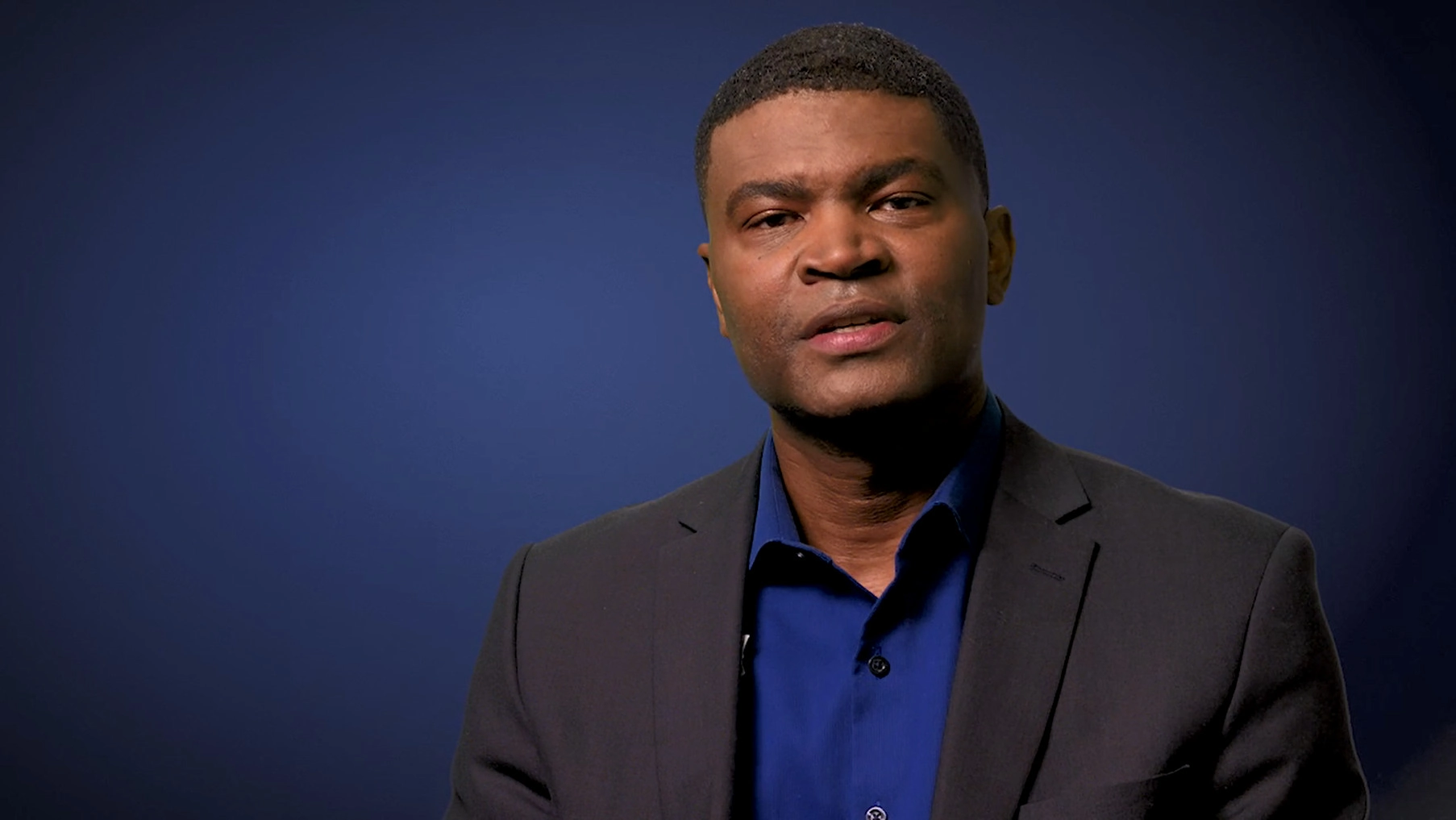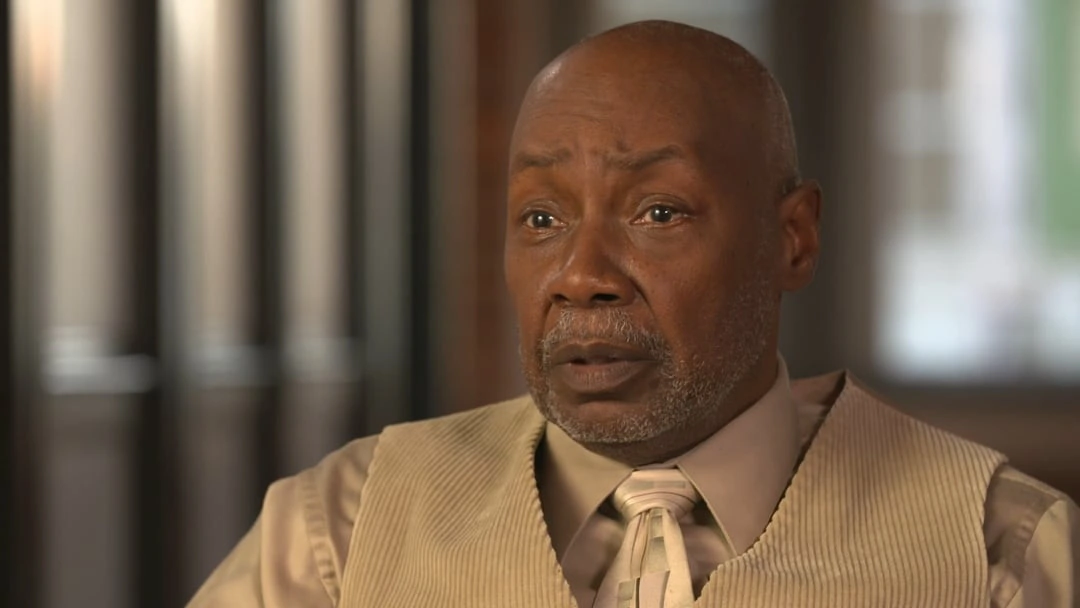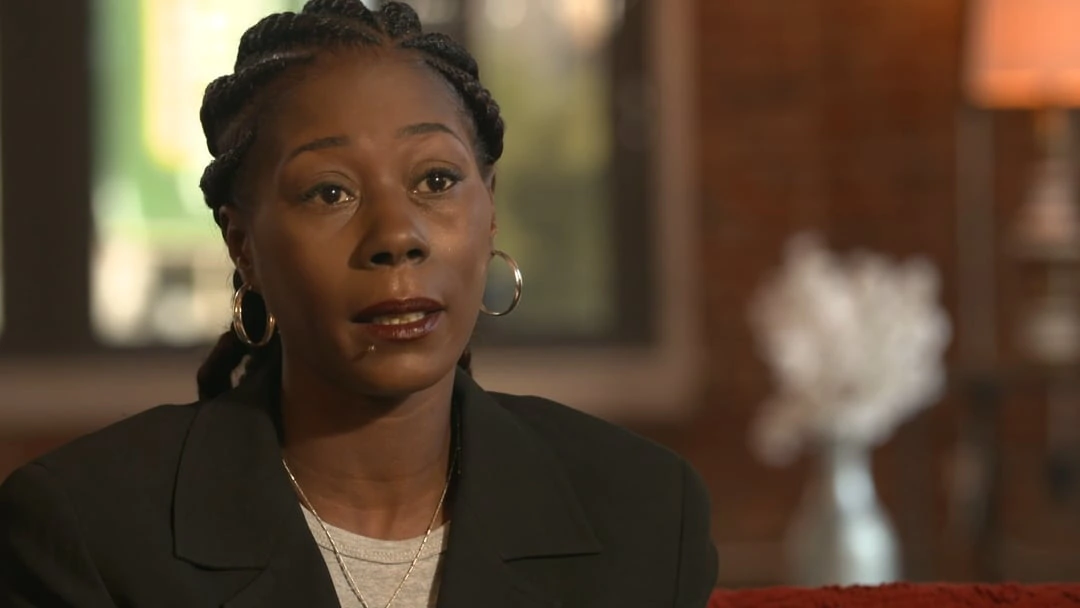Testosterone replacement therapy drugs like AndroGel have been accused of causing serious health problems.
Men taking AndroGel, the testosterone-boosting gel product, are more likely to suffer a heart attack, stroke, congestive heart failure, or other adverse cardiovascular problem, according to recent medical studies. Product liability and injury attorneys with The Cochran Firm, D.C. are actively investigating legal claims related to AndroGel. Please contact our firm for a free confidential case evaluation if you suffered health problems while using AndroGel.
AndroGel is a medicine prescribed to treat men who suffer from hypogonadism, also known as low testosterone or “lot-T.” The gel is applied directly to the skin and then gradually enters the bloodstream where the testosterone is delivered. The topical medicine is available in 1.62% and 1% strengths. The U.S. Food and Drug Administration (FDA) approved AndroGel for the treatment of low testosterone levels caused by hypogonodism.
The testosterone gel product is made by Illinois-based pharmaceuticals company Abbvie, a spinoff of the global health care products corporation Abbott Laboratories. AndroGel sells extremely well. Sales of the testosterone replacement gel rose from $650 million in 2010 to $1.2 billion in 2012. Abbot Laboratories reportedly spent $80 million advertising AndroGel in 2012.
AndroGel was developed by Unimed Pharmaceuticals and submitted to the FDA for approval in 1999. Belgium-based Solvay Pharmaceuticals subsequently purchased Unimed in 2000 and released AndroGel. Ten years later, Abbot Laboratories acquired Solvay’s pharmaceutical business for approximately $6.2 billion. This acquisition included the rights to AndroGel. In 2013, Abbot created a spinoff AbbVie, which owns AndroGel’s patents and the right to market the testosterone drug in the United States.
When AndroGel’s maker sought FDA approval in 1999, it noted that hypogonadism (medical condition causing low testosterone) affects about one million American men. But one year later, when the FDA approved AndroGel, the testosterone replacement drug’s maker claimed that four to five million American men suffer from hypogonadism. Many men who receive testosterone replacement drug prescriptions have not been diagnosed with hypogonadism. About 25% of men did not have their testosterone levels examined before receiving a testosterone product prescription, according to an August 2013 medical study published in the Journal of the American Medical Association.
Testosterone study called off after a high number of men in the study taking testosterone replacement drugs suffered health problems. 2010, New England Journal of Medicine, “Adverse Events Associated with Testosterone Administration.”
Study suggests that testosterone replacement therapy increased the risk of heart attack, stroke, and death by approximately 30%. 2013, Journal of the American Medical Association (JAMA), “Association of Testosterone Therapy with Mortality, Myocardial Infarction, and Stroke in Men with Low Testosterone Levels.”
Medical study indicates that testosterone replacement therapy products doubled the risk of heart attack in men older than 65 years old and men younger than 65 with a prior heart condition. 2014, PLOS ONE (Public Library of Science’s open access peer-reviewed scientific journal), “Increased Risk of Non-Fatal Myocardial Infarction Following Testosterone Therapy Prescription in Men.”
Recently, injured AndroGel consumers filed lawsuits against the makers of the testosterone replacement therapy in Illinois federal court. The lawsuits claim that AndroGel causes serious medical problems, “including life-threatening cardiac events, strokes, and thrombolytic events.” AndroGel’s makers knew or should have known that the testosterone product was dangerous, according to the legal filings.
The lawsuits allege that AndroGel’s makers failed to warn the public about the testosterone drug’s dangers, were negligent in making and distributing the product,
The lawsuits seek damages so that the plaintiffs may treat and monitor the side effects allegedly caused by AndroGel.
Some remarkable allegations contained in the AndroGel lawsuits include:
In some populations, AndroGel may raise the rate of myocardial infarctions and death 500%.
AndroGel has been linked to severe and life-changing health problems in both users and those who come into physical contact with users or the unwashed clothes of someone who used AndroGel.
Secondary contact with AndroGel may cause physical changes in women and cause fetal damage to pregnant women.
The suits claim that AndroGel makers engaged in an aggressive direct-to-consumer and doctor marketing and advertising campaign to create demand for the testosterone product and to mislead consumers about the prevalence of low testosterone health problems. The lawsuits also allege that the pharmaceutical companies engaged in an unbranded “disease awareness” advertising campaign to educate men that they may suffer from low testosterone.
The Georgetown University Medical Center’s Dr. Adriene Fugh-Berman called these advertising tactics “disease mongering.”
AndroGel’s maker AbbVie was the subject of a Supreme Court lawsuit in 2013. The Federal Trade Commission sued AbbVie for paying a competitor to delay introducing a competitor to AndroGel five years before a key patent’s exclusivity provision expired. The federal government sued AndroGel’s makers alleging that the agreement violated antitrust laws, kept generic competitors from releasing products, and cost consumers and health plans $3.5 billion per year. In a 5-3 decision, the U.S. Supreme Court held that payments by brand-name pharmaceutical companies and potential generic competitors may be examined by courts on antitrust grounds if the agreement contains payments from the patent owner to the generic potential competitor. The case is FTC v. Actavis, Inc., 133 S. Ct. 2223 (2013).
Our team of experienced attorneys are actively investigating claims for compensation arising from AndroGel-related injuries. If you or someone you know suffered adverse health consequences while taking AndroGel or other testosterone-boosting product, please contact The Cochran Firm, D.C. today. Because strict time deadlines apply to filing AndroGel claims, we recommend contacting us as soon as possible in order to ensure adequate time to gather documents and prepare legal pleadings. All initial inquiries are free, confidential, carry no obligation.























